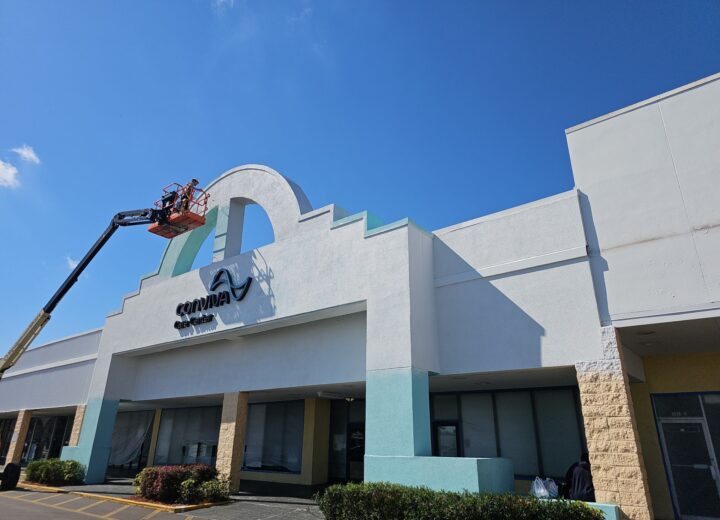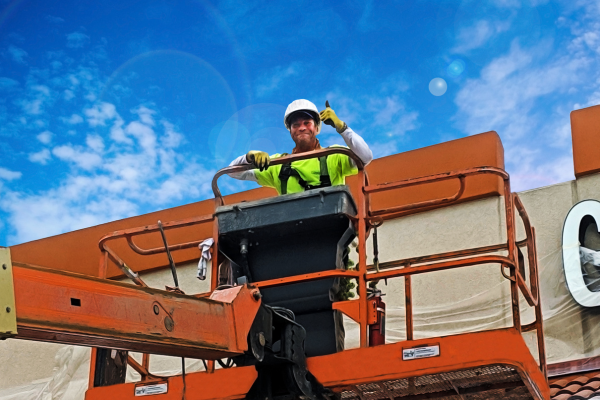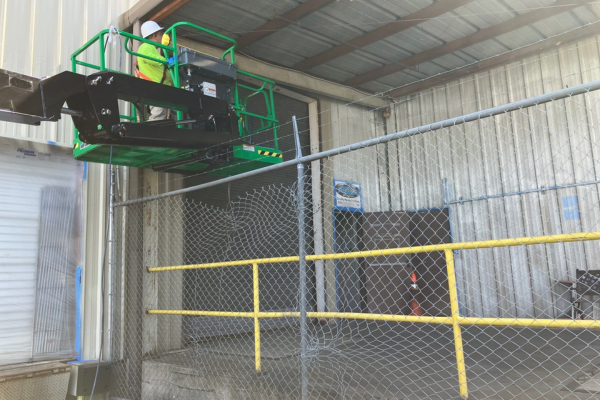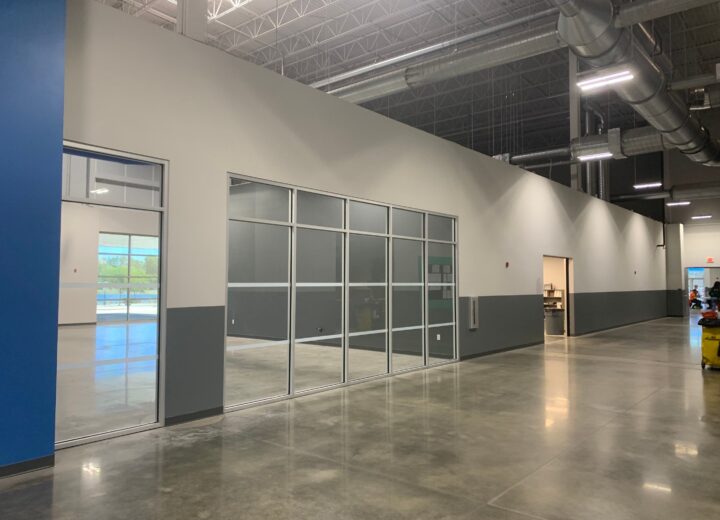 Though concrete is one of the most inexpensive and durable flooring options for residential, commercial and industrial projects, it does have one major shortcoming: unsealed concrete is porous and vulnerable to staining, cracking and delamination due to different mechanical and chemical factors.
Though concrete is one of the most inexpensive and durable flooring options for residential, commercial and industrial projects, it does have one major shortcoming: unsealed concrete is porous and vulnerable to staining, cracking and delamination due to different mechanical and chemical factors.
Even in a Florida home garage, for example, bare concrete is prone to permanent staining from oil, gasoline, brake fluid, dirt and grime, and cracking caused by repetitive thermal expansion and contraction, vibration, impact, building settlement, etc. Now the question is, “Can epoxy protect your garage floor from stains and cracks?”
Epoxy Coating: An Effective Barrier against Stains
Besides being unsightly, one of the biggest problems with oil and grime stains in a home garage is that they attract and hold dirt, which is then tracked into the car and house. The easiest way to solve this problem is to opt for an epoxy coating. The right epoxy system will allow you to transform your ugly concrete slab into a great-looking, easy-to-clean floor, while delivering a hard and durable surface that can protect your garage floor from permanent staining.
One essential thing to be aware of is that inexpensive acrylic sealers (e.g. water-based epoxies) can be broken down by petroleum products, chemicals, aggressive cleaning and solvents like brake cleaners. Unlike these sealers, a high-quality multi-coat epoxy system with a high solids base coat delivers an impervious surface that can protect your concrete substrate for many years.
Are Epoxy Coatings Suitable for Repairing Cracks?
To provide a succinct answer to the question, “Will epoxy protect your garage floor from cracks?” we would like to clarify one aspect: epoxy coatings can only be used to conceal slight imperfections in the concrete, such as surface cracks. Even if you apply a multi-coat epoxy system, which consists of a primer, a high solids base coat and a clear epoxy topcoat, deep or wide cracks will continue to expand and finally appear in the final coat. That’s because epoxy floor coatings don’t develop a strong enough bond with the concrete to withstand the movements and stresses associated with deep or wide cracks.
In order to choose the right crack repair method, it’s necessary to investigate each crack and determine its underlying causes. Basically, there are two types of cracks that develop in concrete floors:
Active cracks – Active cracks are caused by foundation settlement, thermal expansion and contraction, design/construction errors and excess loading. Typically, these cracks propagate gradually until the underlying cause is eliminated or the adequate repair solutions are implemented. Specialists recommend several repair methods for active cracks, such as injecting compatible epoxy resins, using cement-based patch products, routing and sealing, stitching and doweling, and autogenous healing. Repairing all active cracks is a very important part of preparing concrete for epoxy coating application.
Dormant cracks – Drying shrinkage cracks, also referred to as spider cracks, are the most common types of dormant cracks that occur in concrete flooring. Though spider cracks are often considered active cracks because they continue to expand during the curing and drying period, they become dormant once the concrete dries completely. Dormant cracks are stable, which means there is a very small chance that they’ll develop into bigger cracks. Since these cracks are just cosmetic, applying an epoxy floor coating corrects the problem permanently.
At Performance Painting, our experts are ready to provide additional information for a comprehensive answer to the question, “Can epoxy protect your garage floor from stains and cracks?” But that’s not all. They can also prepare concrete surfaces, make the necessary repairs and apply your favorite epoxy floor coating to give your garage floor a new, gleaming and durable finish. Feel free to contact us to learn more about epoxy floor coatings or to receive a free, no-obligation estimate for your project.






